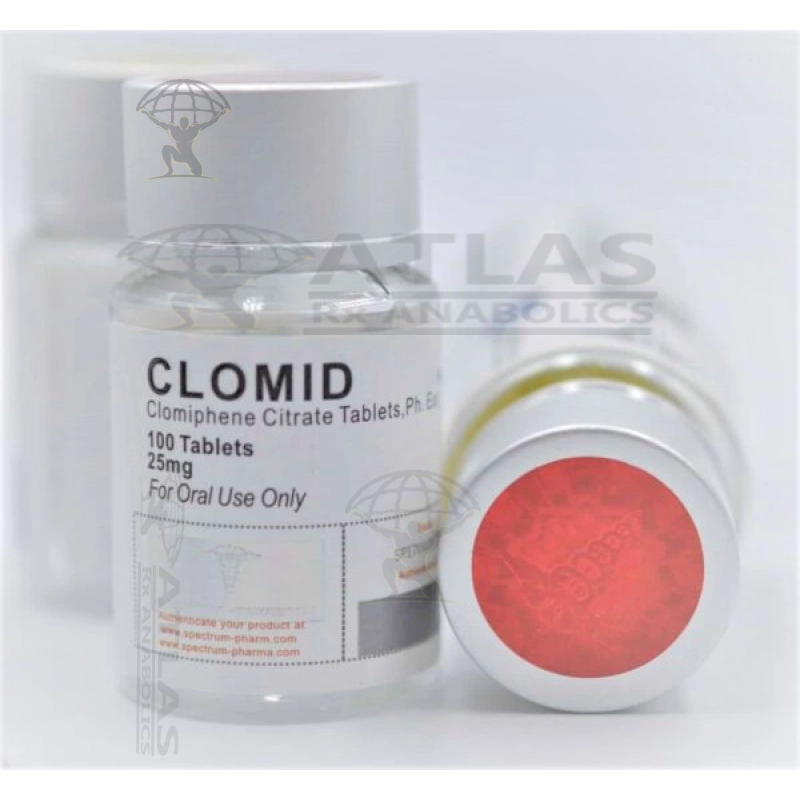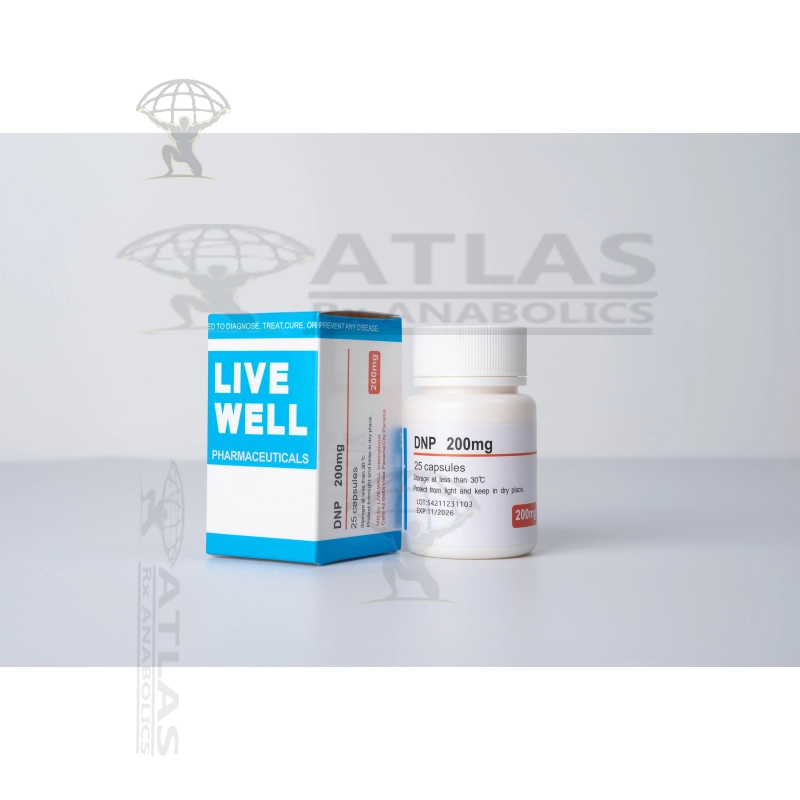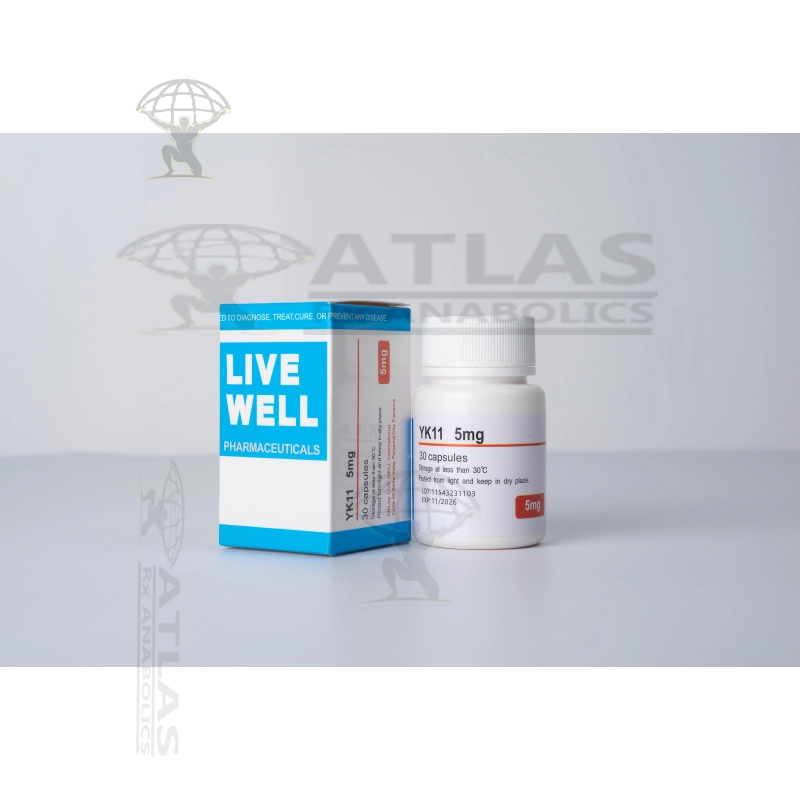Description for Clomid
Clomid, also known by its generic name clomiphene citrate, is a medication commonly used in the field of reproductive medicine. It is primarily prescribed to women who are experiencing fertility issues due to ovulation problems. Clomid works by stimulating the release of hormones necessary for ovulation to occur.
Clomid is available in tablet form and is typically taken orally once a day for a specific duration, as determined by a healthcare professional. The tablets come in different strengths, ranging from 25 mg to 100 mg. The dosage prescribed varies depending on the individual's medical condition and the response to treatment.
When taken, Clomid acts on the pituitary gland in the brain, which then releases follicle-stimulating hormone (FSH) and luteinizing hormone (LH). These hormones are crucial for the development and release of eggs from the ovaries. By increasing the production of FSH and LH, Clomid helps to stimulate ovulation and increase the chances of conception.
Before starting Clomid, it is essential to undergo a thorough medical evaluation to determine the underlying cause of infertility. This may involve assessing hormone levels, conducting imaging tests, and evaluating the overall reproductive health of both partners.
It's important to note that Clomid is not suitable for everyone, and its use should be carefully monitored by a healthcare professional. Some individuals may have certain medical conditions or factors that make them unsuitable candidates for Clomid treatment. Additionally, Clomid should not be used if there is a known or suspected pregnancy, as it may cause harm to the developing fetus.
Like any medication, Clomid may have side effects. Common side effects include hot flashes, mood swings, breast tenderness, nausea, and headaches. These side effects are usually temporary and resolve on their own. However, if any side effects persist or become bothersome, it is important to consult a healthcare provider.
While Clomid is generally well-tolerated, there are some risks associated with its use. These include the potential for ovarian hyperstimulation syndrome (OHSS), multiple pregnancies (such as twins or triplets), and an increased risk of ovarian tumors. Close monitoring by a healthcare professional is essential to minimize these risks and ensure the safe use of Clomid.
In summary, Clomid tablets are a widely used medication for women experiencing ovulation problems and infertility. By stimulating the release of hormones necessary for ovulation, Clomid increases the chances of successful conception. However, it is important to consult with a healthcare professional before starting Clomid and to closely follow their instructions throughout the treatment process.
Based on 0 review(s)
Shipping Cost
On all orders is set at $25.00
Secure checkout
Protected by Bitcoin
Offer & gift here
On all huge orders







